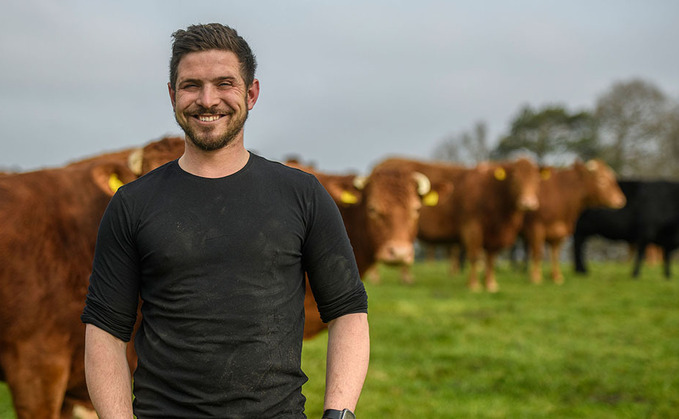
After taking on the running of the family farm, Josh Gay has a vision for the future of the business. Emily Scaife finds out more. A young farmer is reaping the rewards of an approach that combines...

After taking on the running of the family farm, Josh Gay has a vision for the future of the business. Emily Scaife finds out more. A young farmer is reaping the rewards of an approach that combines...
BNG National Habitat Bank Creation & Unit
Commercial Secured Bridging Loans for Business